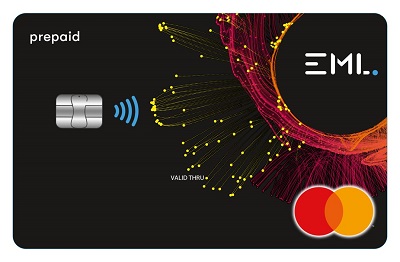What direct payments are and how you can receive them.
If you already get care or support from Bristol City Council or you think you should get care or support:
- contact your allocated practitioner
- call Care Direct on 0117 922 2700
- fill in the online referral form
What direct payments are
A direct payment is money we pay you so that you can receive the care and support you need, as agreed in your personal budget. This gives you more choice and control over how you receive your care and support.
You can have a mix of direct payments and services from us. You won't be taxed on direct payments and they won't affect your benefits.
Direct payments video in English
pdf Direct payments glossary in English(99 KB)
Direct payments video in Somali
pdf Direct payments glossary in Somali(66 KB)
Who can have direct payments
You'll have a Care Act assessment to determine whether you have eligible care and support needs. If you do, these will be described in your support plan before you're offered a direct payment.
You can receive direct payments if you're:
- 18 or over
- a carer
- the parent of a disabled child
- a disabled parent
- authorised to manage payments on behalf of someone who needs care or a carer
You can choose to use a Direct Payment support provider to support with making payments.
Your allocated practitioner will be able to give you more information about this.
There are some restrictions on having direct payments.
We'll talk to you about these after your Care Act assessment if they apply.
What you can use direct payments for
You can use direct payments to pay for care and services that meet your care and support needs, as identified in your support plan. These could include:
- employing a Personal Assistant
- buying equipment or services from a care agency
- respite care
- a carer's break
You can only use direct payments to meet your assessed needs in your support plan.
What you cannot use direct payments for
You cannot use direct payments for:
- anything that's not in your support plan
- health care needs
- gambling or anything that's against the law
- long term residential or nursing care
- any services provided by Bristol City Council, such as occupational therapy
Benefits of direct payments
Having direct payments means you can:
- be more independent
- have more choice and control over your care and support, such as employing a carer you know and trust
- make your own choices about your care and support, such as arranging home care for a time that suits you
- decide what you want to do and when you want to do it, such as receiving short term support after you've been in hospital
- be supported in accessing the wider community, such as participating in daily activities
Direct payments for carers
If you're an unpaid carer supporting a relative or friend in their day to day life, you can also be assessed.
If you're eligible for support, you may be offered a direct payment to support you or give you a break from your caring role.
You can use direct payments to buy the services you need to support you in your caring role. This includes support that may help maintain your own health and wellbeing, such as helping you to take a break from your caring role.
See our carers page for more information.
How you'll receive your direct payments
If you've chosen to have direct payments, they must be paid into a separate bank account.
We prefer to pay your direct payments into a Bristol Direct Payment Account (BDPA). We'll arrange this for you. It works like your usual bank or building society account and includes a debit card.
Use a Bristol Direct Payment Account
If you choose to have a Bristol Direct Payment Account we'll set up it up for you. The account is easy to manage as you only have to keep your receipts.
BDPA debit card

Go to Bristol Direct Payment Account (BDPA) for more information.
If you don't think a BDPA will work for you, we can discuss other arrangements.
Paying towards the cost of your care
We'll need to do a financial assessment. We'll look at your weekly income, savings and any other capital assets you may have. This will help us to work out if you need to pay anything towards your personal budget and how much this will be. This doesn't apply to carers.
If you need to pay towards your care, we'll pay the direct payments and take off the amount that you need to pay.
